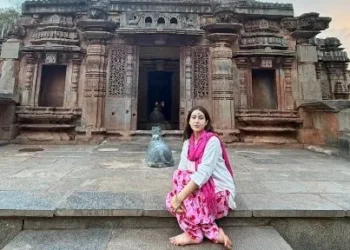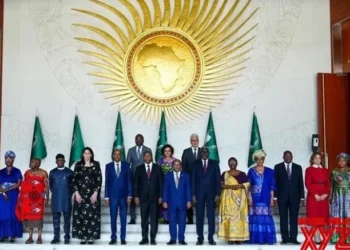India-UAE pact on science cooperation gets Cabinet nod
Both India and the United Arab Emirates will soon start exchanging experience and research focused on climatic information services and tropical cyclone forecasting to avoid damage to public infrastructure due to tsunami activity in the Arabian Sea and Sea of Oman.
The Union Cabinet, chaired by Prime Minister Narendra Modi, on Wednesday gave its approval to a memorandum of understanding on Scientific and Technical Cooperation between National Centre of Meteorology (NCM), UAE and India’s Ministry of Earth Sciences (MoES).
Weather services make critical contributions in enhancing efficiency of weather dependent sectors of economy and in managing risk in weather-dependent economic sectors such as agriculture, transport, and water which underpin the economic growth in the region.
The MoU provides for sharing of knowledge, data and operational products for meteorological, seismological and oceanic services, such as radar, satellite, tide gauges, seismic and meteorological stations.
Both the countries will exchange experience of their scientists, research scholars and specialists for the purpose of research, training, and consultation focused on climatic information services.
India and UAE will also share experience on satellite data utilisation for tropical cyclones forecasting, and exchange scientific and technical information related to common interest activities.
Both the parties will deploy meteorological observation networks on mutual agreement over ocean waters and cooperate in sharing inputs on development of special capacities of tsunami model researches for faster and more reliable forecasts.
Tsunamis propagate through the Oman Sea and Arabian Sea and affect the coastal areas of India and northeast of UAE. The two countries will support the Tsunami Early Warning Centre (TEWC) in the form of forecast modelling software, specifically designed to support the tsunami forecasting operations.
They will share the real-time seismic data of some of seismic stations situated in south and west of India and north of the UAE for monitoring the seismic activities which may generate tsunamis in Arabian Sea and Sea of Oman.
India and UAE will also share study of seismic activities having the potential to generate tsunami waves in Arabian Sea and Oman Sea, and cooperate in early warnings of sand and dust storms through the exchange of knowledge.























